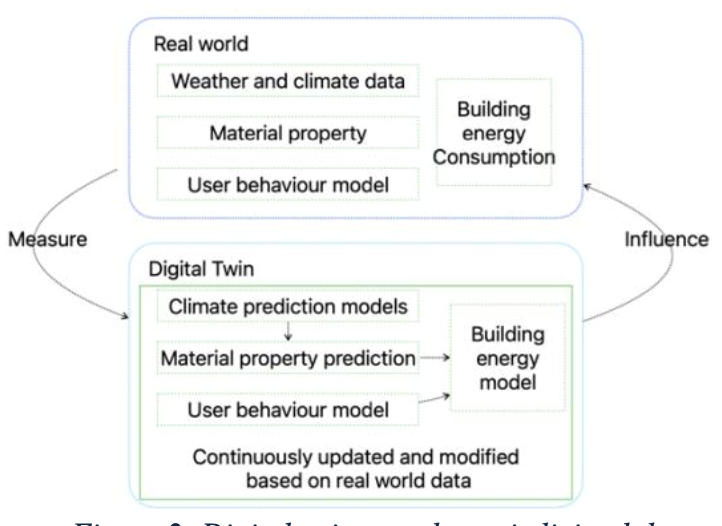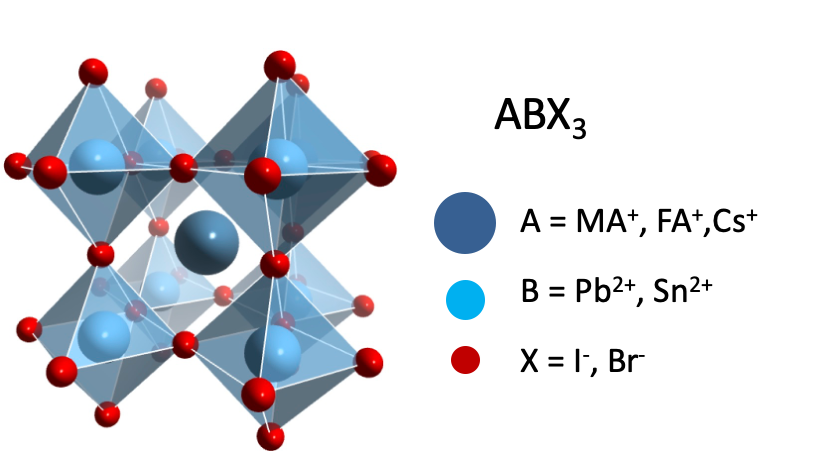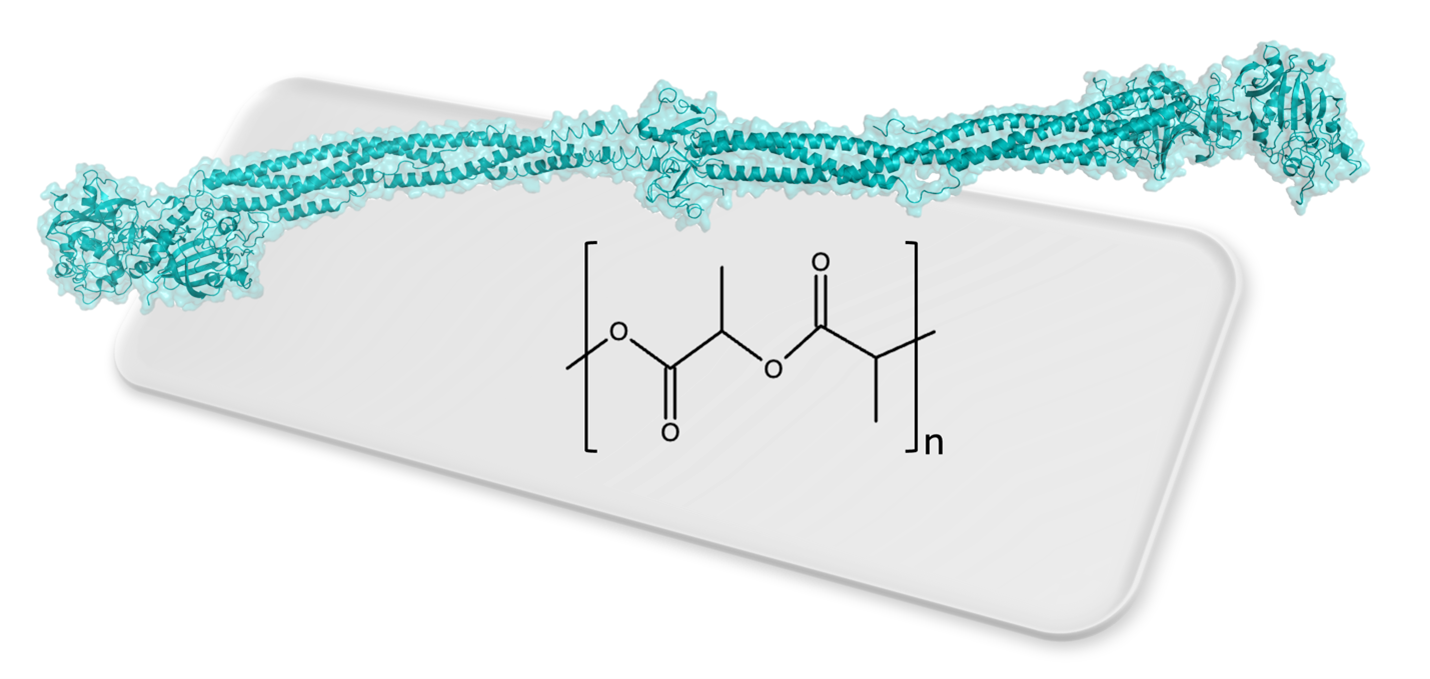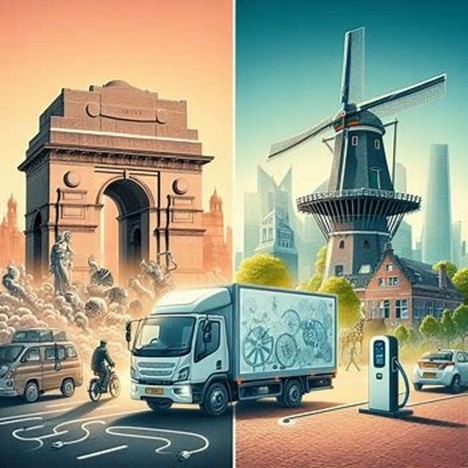2024 Grantees introduction
We are happy to announce that 5 projects have been awarded the 2024 Indian Institute of Technology Delhi & TU Delft Collaborative Research Call seed funding. These grants foster scientific and technological cooperation between researchers at our two institutions and thus our strategic partnership. The TU Delft & IIT Delhi call funds the initial phase of joint international research collaborations with clear expectations that the researchers will submit a follow-up research proposal that continues the research started and consolidates the research partnership.
Thus far in 2022 and 2023 grants projects funded in the areas of decarbonization, lunar rovers, climate policy models, battery technology, green hydrogen, water pollution & purification, materials science and organic agriculture.
The 2024 grantees are:
Climate Adaptation Digital Twin
Dr. Ranjith Kuttantharappel Soman ( TU Delft) & Dr. Ann Francis (IIT Delhi)
The project aims to develop and test digital twins—virtual models of buildings—that adapt dynamically to climate changes to plan for resilient energy efficient built environment. By integrating real-time data and predictive models on how climate impacts buildings, these digital twins will serve as living labs, allowing for continuous testing and refinement of strategies to improve building resilience and sustainability. It merges digital twins technology with practical applications such as building control, promising significant advancements in the design and operation of climate-responsive buildings.
Insights into Metal Halide Perovskites
Dr. ir. Tom J. Savenije (TU Delft) & Dr. Dibyajyoti Ghosh (IIT Delhi)
Thanks to their excellent photophysics, metal halide perovskites are promising semiconductors for application as absorber layers in optoelectronics, including solar cells. However, these materials degrade due to ion motion under operating conditions. We will combine experimental and computational techniques to study the relationship between structure and ionic motion in MHPs in order to improve stability.
Study on Bioresorbable Stent
Dr. Nikolina Šoštarić (TU Delft) & Dr. Sachin Kumar (IIT Delhi)
Controlling surface properties of stent materials used in atherosclerosis treatment is essential for reducing blood cell adhesion to the stent and, therefore, preventing potentially life-threatening thrombosis. In the TU Delft part of this project, we will employ molecular dynamics simulations to gain insight into the dynamic behavior of blood proteins when in contact with stent materials of different physicochemical properties. This advancement of fundamental understanding of stent-blood proteins interactions at a molecular level will aid in the future rational design of stent materials.
Research on Electric Vehicle Transition
Prof. Lóránt Antal Tavasszy (TU Delft) & Dr. Lokesh Kalahasthi (IIT Delhi)
Achieving emission-free urban freight transport is an important step to enhance the quality of life in cities. The key objective of the project is to design data-driven modelling approaches to facilitate the efficient transition to electric vehicles for freight transport. Comparative studies will be done for cities in India and The Netherlands on demand and typology for electric trucks, including the creation of appropriate charging infrastructures.
Design Education
Dr. Sam Franklin (TU Delft) & Dr. Saurabh Tewari (IIT Delhi)
The project will examine the historical evolution of sustainable design education at IITD and TUD, identifying commonalities, differences, and specific connections (e.g. personnel, key texts, conferences and events) between the two institutions and regions. This will contribute to a better understanding of the current concept of sustainability in design and technology, as well as uncover problems, possibilities, and roads not taken for education.



